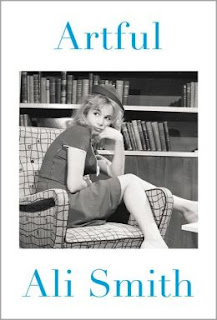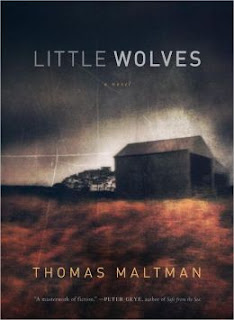Paul Collins
Paul Collins is the author of Duel with the Devil: The True Story of How Alexander Hamilton and Aaron Burr Teamed Up to Take on America's First Sensational Murder Mystery.

Q: What drew you to this case?Visit Paul Collins's website.
The sheer unlikelihood of it. I came across this case in a collection of celebrated criminal trials that came out in 1900. I had never heard of the case and when they talked about Hamilton and Burr being the defense team, it sounded like a buddy movie. I couldn't believe it.
It was such an unlikely combination that I had to look it up.
Q: Tell us about the political world that Alexander Hamilton and Aaron Burr inhabited, not too long after the Revolutionary War. What sides existed, and which were they on?
A: They came from opposing political parties.
Hamilton was very much part of the Federalist Party, a political movement aligned with merchant class and bankers and pushing toward working more closely with Great Britain. That's where they saw the country's prosperity coming from.
Burr, who wound up being Jefferson's vice president, was more closely aligned with the rural, farming, agrarian economy, had more of a progressive view on things like women's rights and slavery, even though he...[read on]
--Marshal Zeringue






























